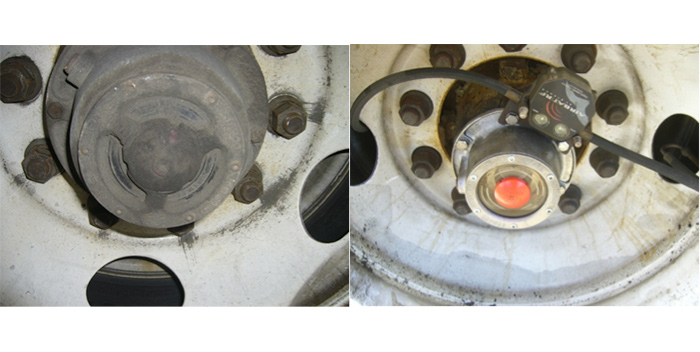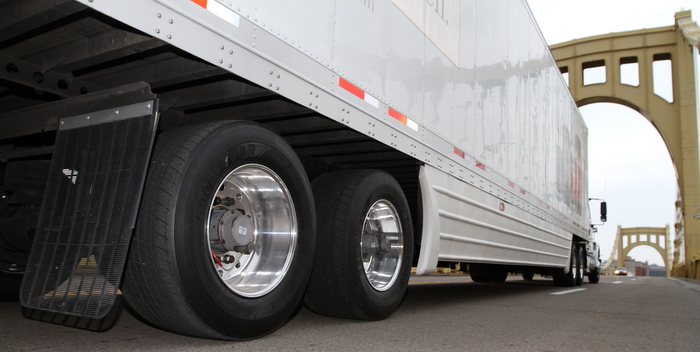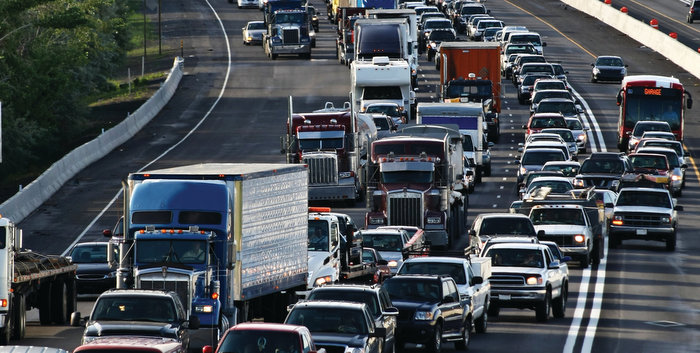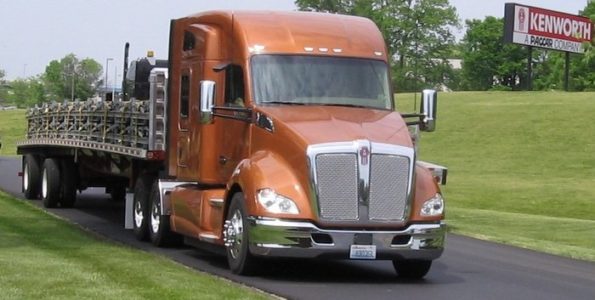As one famous frog once said, “It’s not easy being green.” Fleets that operate in today’s regulated environment have found out just how true that statement can be.
In the last couple of decades, the EPA has been “nudging” our industry along. For on-highway heavy-duty diesel engines that has meant regulations to ensure reduced NOx and particulate emissions. In addition, local governments continue to enact various laws that restrict vehicle idling time. And for fleets that haul hazardous materials there is another set of government regulations with which to comply.
For fleet maintenance shops, government regulations are focused on a variety of areas to protect the air we breathe, such as controlling chlorofluorocarbons emissions (CFCs) and coolant recovery. For the water we drink, fleets must adhere to storm water run-off laws to protect supplies. Then there are laws that govern used oil recovery and coolant recycling and, for those fleets that have underground storage tanks, there is another set of government rules enacted to protect the soil.
While all of these rules and regulations may seem daunting, nonetheless fleets are in compliance and some are even being proactive in their approach to running a green fleet. These fleets are not only compliant, but also proactive in their efforts to protect the environment.
Right now Fleet Equipment and Citgo are particularly interested in those fleets that are learning how to operate a “green” shop. Specifically, a commercial fleet vehicle maintenance facility that has developed and is practicing environmentally sound recycling and recovery practices. We are running a contest to identify the USA’s “top green shop.”
The contest rules, and an entry form, are printed in this issue of Fleet Equipment (see page 29). Fleets that wish to nominate themselves need only fill out the entry form and return it to us along with the answer to a qualifying question, which is a written statement (not to exceed 300 words) telling us why the fleet should be considered for the award.
We are looking for fleet maintenance shops that have initiated programs that point to their concern about protecting the environment. In other words, how has the fleet reduced hazardous waste, improved air quality with exhaust systems or other measures, lessened shop waste and/or recycled used oil, wash water, and the like? Perhaps this has involved the purchase of new equipment, or creating new procedures for waste storage or recovery.
The contest runs from now until Oct. 1, 2008. So, look around, take stock in your shop’s environmental improvements, write them up and send them in with your entry form today. All four finalists will be recognized in Fleet Equipment and, in addition, the grand prize winning fleet manager or owner will be flown to TMC 2009 in Orlando next February to receive his or her award in person.









